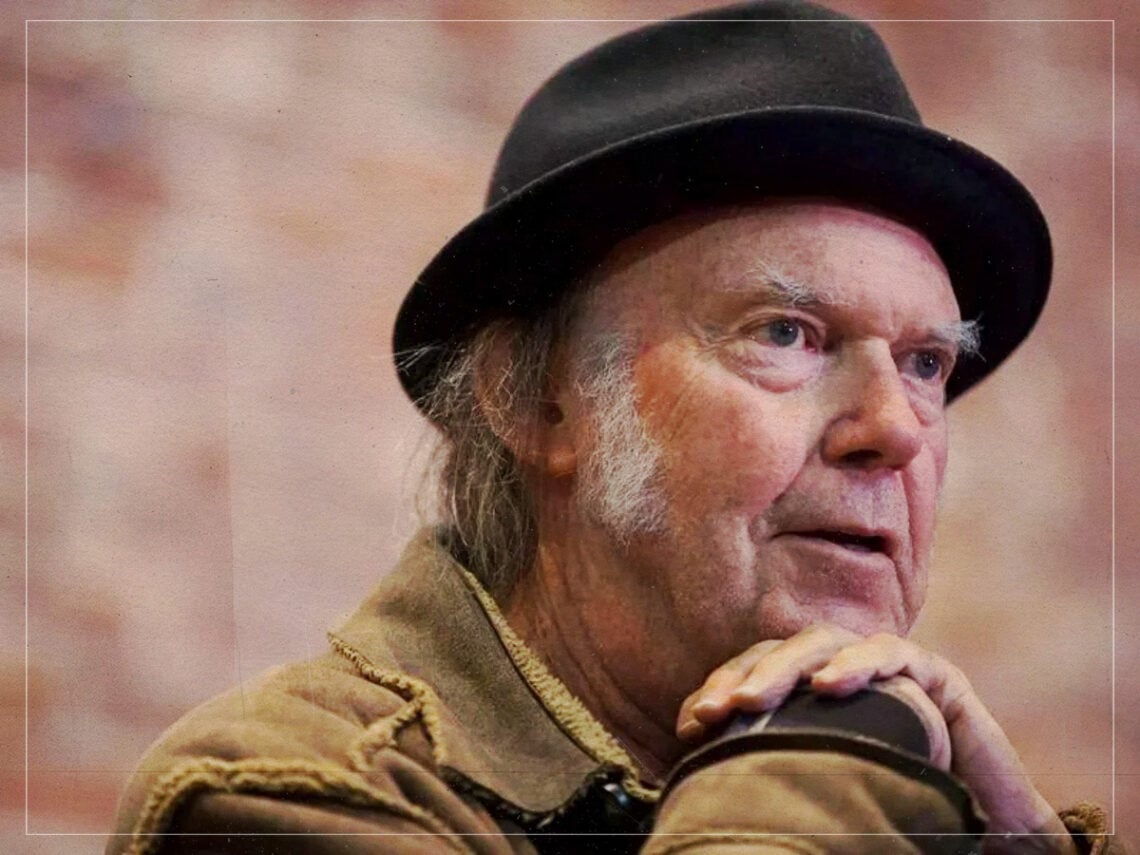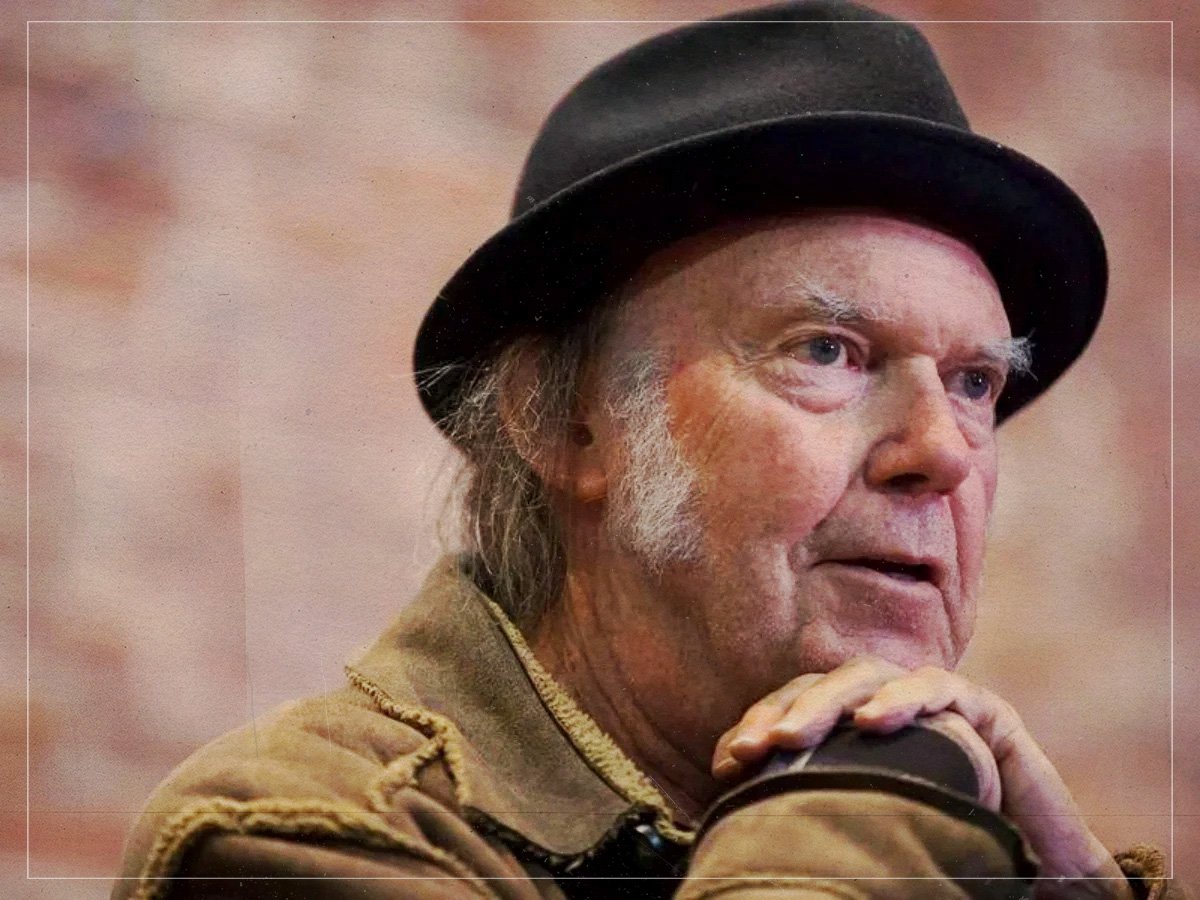
(Credits: Far Out / Alamy)
Thu 2 October 2025 18:15, UK
When you’re as prolific as Neil Young has been throughout his career, not everything is always going to please the army of fans you’ve accrued over the years, and nor is it guaranteed to appease the record companies looking to put out your releases.
Such is Young’s free-spirited attitude to creating whatever the hell he wants to rather than bowing down to the pressure of higher powers, there are going to be times where you might think that the direction he’s heading in on a record or series or records is a little self-indulgent. However, if you’re not making the records that you want to or having a constant sense of belief in your artistry, then is there any point in becoming invested in the creative process in the first place?
Young has been accused of this on a number of occasions, but it’s not something that he has concerns about. If anything, he actively enjoys upsetting people who have a restricted set of expectations around his releases, and if they’re always going in hoping for another Harvest-esque record, then they’d better be prepared for a letdown every once in a while.
In 2003, he teamed up with his Crazy Horse bandmates for their first album together in seven years, releasing the ten-song concept album, Greendale. An attempt at creating a musical novel, the record can’t be dismissed as an unambitious entry in Young’s catalogue, but a number of listeners weren’t entirely sold on the idea of an 80-minute album set in the fictional California town of Greendale (not to be confused with the fictional Cumbrian town of Greendale, where Postman Pat is from).
The mixed reception may have always been inevitable for an album of this nature, but typically, Young didn’t give a fuck about the perception of the record. It was no secret that he’d been subjected to this sort of response in the past, and given the level of confidence he had in his own abilities, he was prepared to be on the receiving end of a few scathing reviews again.
In an interview with the Chicago Tribune a few months prior to the album’s release, he even predicted that this would be the reaction to the record, and was quick to dismiss any potential criticism. “Greendale is basically one long song that is meant to be listened to over and over again,” he argued. “It isn’t a simple thing and there is no quick and profitable way to do something like that.
“That would be boring, so I don’t do it. It’s not about selling anything. People who know my music know who I am, and I don’t need the support of large corporations to reach them. And if they come down on me for disagreeing with them, they’ll just make me stronger.”
He went on, comparing the potential situation to the release of his 1983 flop, Everybody’s Rockin’, and the backlash that he received from record label executive David Geffen upon its failure.
“It’s just like when I got sued for being ‘non-commercial’,” he claimed. “That was the best thing to happen to me in that decade.”
While failure is never normally something that artists tend to look back upon fondly, Young’s assertion that he wasn’t afraid of putting out the records he wanted to make is bold, and if that meant pissing off a few music industry bigwigs in the process, then it was all the better.
Related Topics
